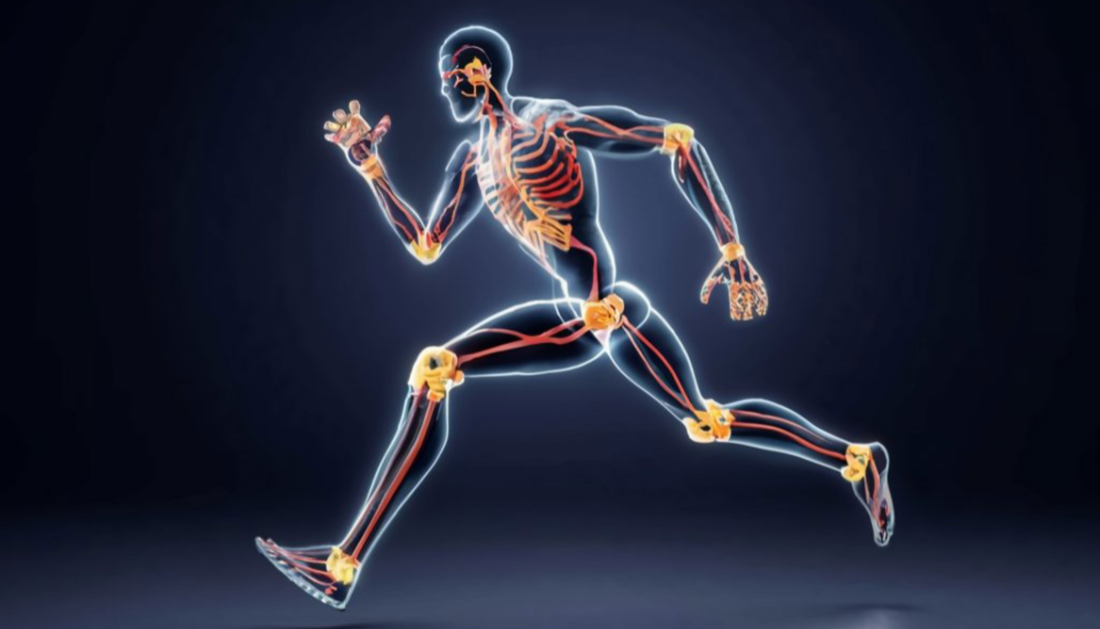

Levothyroxine, the second most often prescribed medicine among older persons in the United States, may be linked to bone loss, according to a study to be presented next week at the Radiological Society of North America’s annual meeting.
Levothyroxine, marketed under several trade names including Synthroid, is a synthetic form of the hormone thyroxine that is often used to treat hypothyroidism, or underactive thyroid. In persons with hypothyroidism, the thyroid gland does not create enough thyroxine on its own, which causes fatigue, weight gain, hair loss, and other symptoms. If left untreated, hypothyroidism can cause serious and potentially fatal problems.
Approximately 23 million Americans, or 7% of the population, use levothyroxine on a daily basis. Sometimes patients have been taking levothyroxine for many years, but it is unclear why it was prescribed or if it is still necessary.
Data indicates that a significant proportion of thyroid hormone prescriptions may be given to older adults without hypothyroidism, raising concerns about subsequent relative excess of thyroid hormone even when treatment is targeted to reference range goals.”
Elena Ghotbi, M.D., study’s lead author, postdoctoral research fellow
Johns Hopkins University School of Medicine in Baltimore, Maryland
Though there are significant variances, a normal reference range for thyroid-stimulating hormone (TSH) is usually between 0.4 and 5.0 microunits per milliliter. Excess thyroid hormone is linked to an increased risk of bone fractures.
Dr. Ghotbi and colleagues conducted a multidisciplinary collaboration between the Russell H. Morgan Department of Radiology and Radiological Science and the Endocrinology Department at Johns Hopkins Medical Institutions to determine whether levothyroxine use and higher thyroid hormone levels within the reference range are associated with higher bone loss over time in older “euthyroid” adults, defined as adults with normal thyroid function.
“This research is a collaboration between Johns Hopkins and the BLSA, the longest-running study on aging conducted by the Intramural Research Program of the National Institute on Aging,” said co-author Eleanor Simonsick, Ph.D., epidemiologist and BLSA co-director. “The BLSA’s extensive data include repeated DEXA measurements at each study visit, which provides valuable insight into the progression of bone density and bone mass changes over time, offering a more comprehensive understanding of aging-related osteoporosis.”
The study group consisted of 81 euthyroid levothyroxine users (32 men, 49 women) and 364 non-users (148 men, 216 women), with a median age of 73 and TSH values of 2.35 at the first visit. Other risk factors, including as age, gender, height, weight, race, medicines, smoking history, and alcohol usage, were taken into account when matching levothyroxine users to non-users using propensity scores.
Over a median follow-up of 6.3 years, the study found that levothyroxine use was related with higher loss of total body bone mass and bone density, even in patients with TSH levels within normal ranges. This remained true after accounting for baseline TSH and other risk factors.
“Our study suggests that even when following current guidelines, levothyroxine use appears to be associated with greater bone loss in older adults,” said Shadpour Demehri, M.D., co-senior author and professor of radiology at Johns Hopkins.
For more information: Radiological Society of North America
more recommended stories
 Dietary Melatonin Linked to Depression Risk: New Study
Dietary Melatonin Linked to Depression Risk: New StudyKey Summary Cross-sectional analysis of 8,320.
 Chronic Pain Linked to CGIC Brain Circuit, Study Finds
Chronic Pain Linked to CGIC Brain Circuit, Study FindsKey Takeaways University of Colorado Boulder.
 New Insights Into Immune-Driven Heart Failure Progression
New Insights Into Immune-Driven Heart Failure ProgressionKey Highlights (Quick Summary) Progressive Heart.
 Microplastic Exposure and Parkinson’s Disease Risk
Microplastic Exposure and Parkinson’s Disease RiskKey Takeaways Microplastics and nanoplastics (MPs/NPs).
 Sickle Cell Gene Therapy Access Expands Globally
Sickle Cell Gene Therapy Access Expands GloballyKey Summary Caring Cross and Boston.
 Reducing Alcohol Consumption Could Lower Cancer Deaths
Reducing Alcohol Consumption Could Lower Cancer DeathsKey Takeaways (At a Glance) Long-term.
 NeuroBridge AI Tool for Autism Communication Training
NeuroBridge AI Tool for Autism Communication TrainingKey Takeaways Tufts researchers developed NeuroBridge,.
 Population Genomic Screening for Early Disease Risk
Population Genomic Screening for Early Disease RiskKey Takeaways at a Glance Population.
 Type 2 Diabetes Risk Identified by Blood Metabolites
Type 2 Diabetes Risk Identified by Blood MetabolitesKey Takeaways (Quick Summary) Researchers identified.
 Microglia Neuroinflammation in Binge Drinking
Microglia Neuroinflammation in Binge DrinkingKey Takeaways (Quick Summary for HCPs).

Leave a Comment